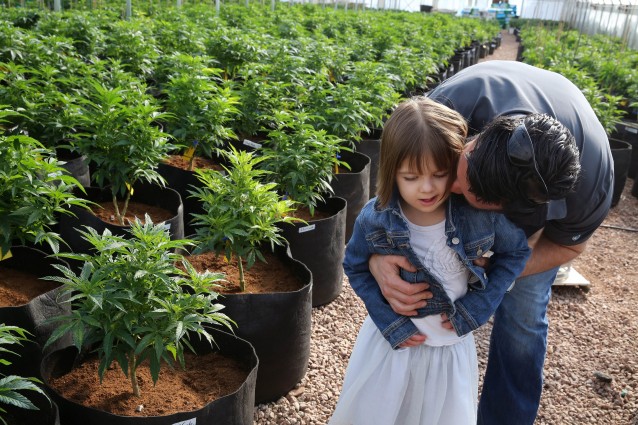
Just a few months ago, Florida Republican leaders were backing a legal challenge to oppose a medical marijuana ballot initiative in the state, saying it would lead to the “Coloradoification” of the state.
Here you will find War on the “War on Drugs” news, announcements, articles, media and document posts. Institute of the Black World 21st Century (IBW21)

Just a few months ago, Florida Republican leaders were backing a legal challenge to oppose a medical marijuana ballot initiative in the state, saying it would lead to the “Coloradoification” of the state.
As prosecutors across Maryland wait for the new law that will remove criminal penalties for possessing small amounts of marijuana, they’re taking a patchwork approach in the way they handle such cases.
The individual analyses of the economists and drug policyexperts, signed by five Nobel Prize winners in economics, expose the collateral damage of the drug war and offer suggestions on how the policies can—and should—change.
The war on drugs has been a $1tn failure. For more than four decades, governments around the world have pumped huge sums of money into ineffective and repressive anti-drug efforts.
More than 40 years ago, psychiatry professor Lester Grinspoon wrote a groundbreaking book on marijuana that the New York Times dubbed at the time “the best dope on pot.”

On a recent Friday afternoon, with budget negotiations winding down, Arizona state representative John Kavanagh was racing against the clock.

Ever since marijuana was banned by the federal government in the 1930s, proponents of prohibition have insisted that cannabis must remain illegal to protect America’s children.

Supporters of legalized marijuana light up at exactly 4:20 p.m. in Civic Center Park April 20, 2012, in Denver.

On Thursday, March 20, the Massachusetts Senate unanimously passed S2012, a bill that limits the shackling of pregnant prisoners during labor and delivery.

A nurse helps an old man up from his chair. Holding onto her arms, he steps blindly forward, trusting her to lead him to his spot at the lunch table.